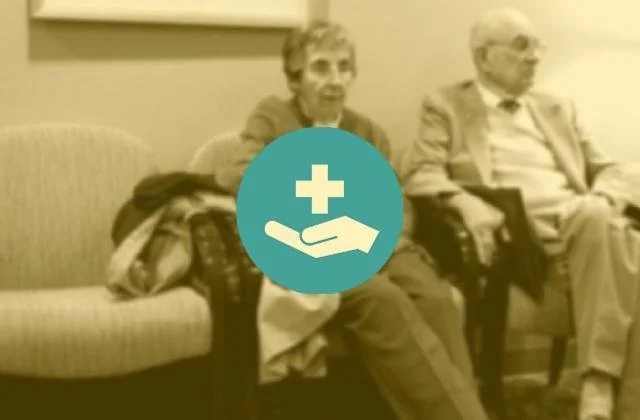The path to creating a better system for studying and materially improving the health of communities begins with a better understanding of the two things that set it apart: perspective and dynamics.
Read MoreAll of us have a personal narrative grown from firsthand experience that filters and shapes our understanding and perspective. It can also blind us to growing problems and innovative solutions. Being able to see the whole is job one for understanding how our healthcare system works and for being able to make it work better.
Read MoreOn Thursday, April 27, the Oregon Health Forum will host a panel discussion, “The Impact of Social Determinants on Health Outcomes,” in Portland. Curandi is a sponsor of the event, and I’m excited to see this important topic gaining attention here in Oregon and around the country.
Read MoreRather than looking for a cure-all, it’s time we recognize the complex, interwoven nature of our social systems and accept that incremental change is the only solution, not a lesser solution.
Read MoreHuge cost and quality improvements are possible by integrating Social Determinants of Health (SDOH) into medical care. Achieving this will be possible when we embrace management methods aligned with the reality of healthcare as a Complex Adaptive System; managing the whole instead of the parts and focusing on individual patients, not populations.
Read MoreWe know social determinants of health (SDH) have a major effect on health outcomes and cost. Numerous observational studies of spending patterns show large savings, but few have captured data-driven examples to isolate portable methods for success. The reason is that the medicine and social sciences are miles apart in science, approach, and attitude.
Read More





